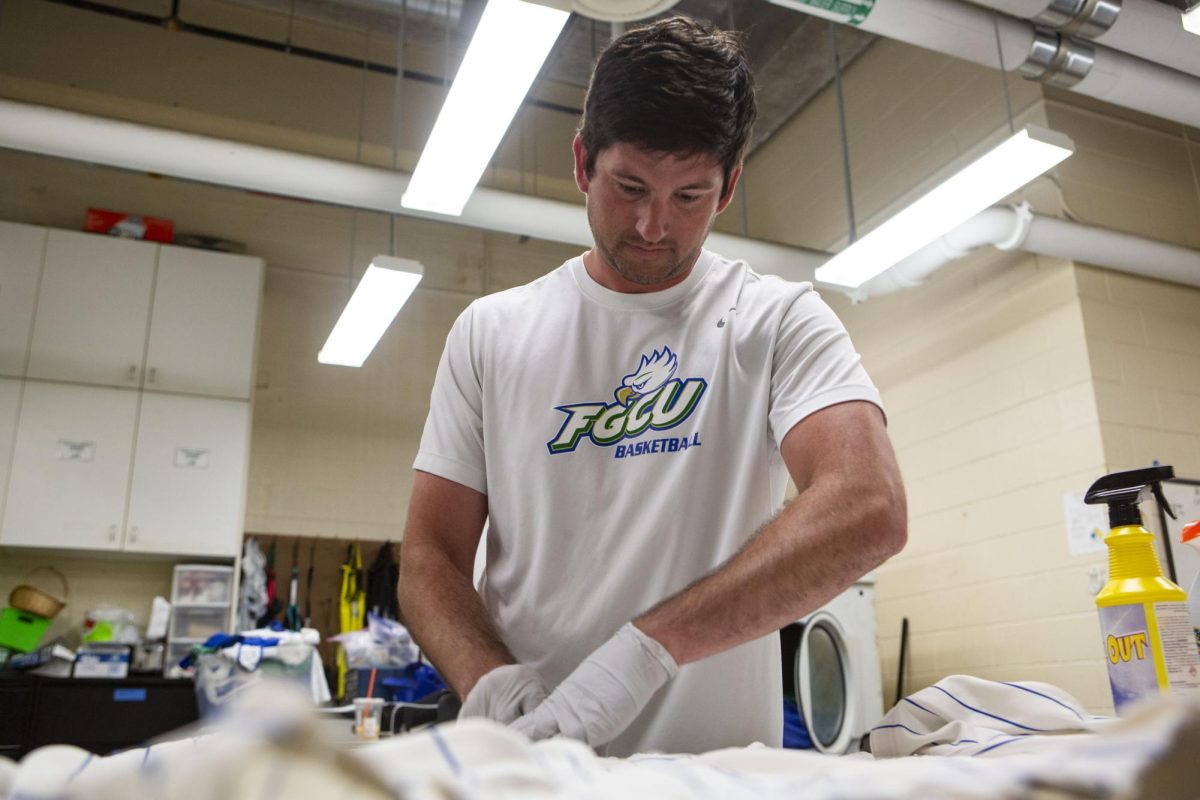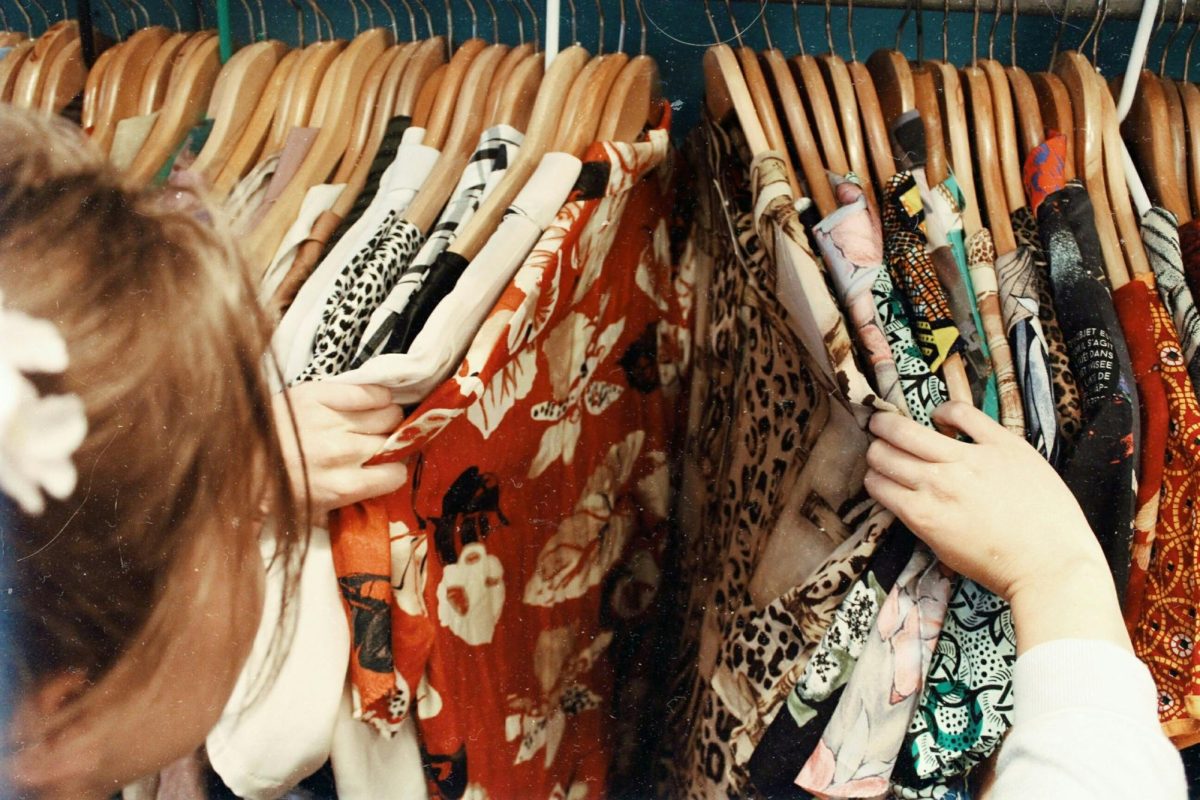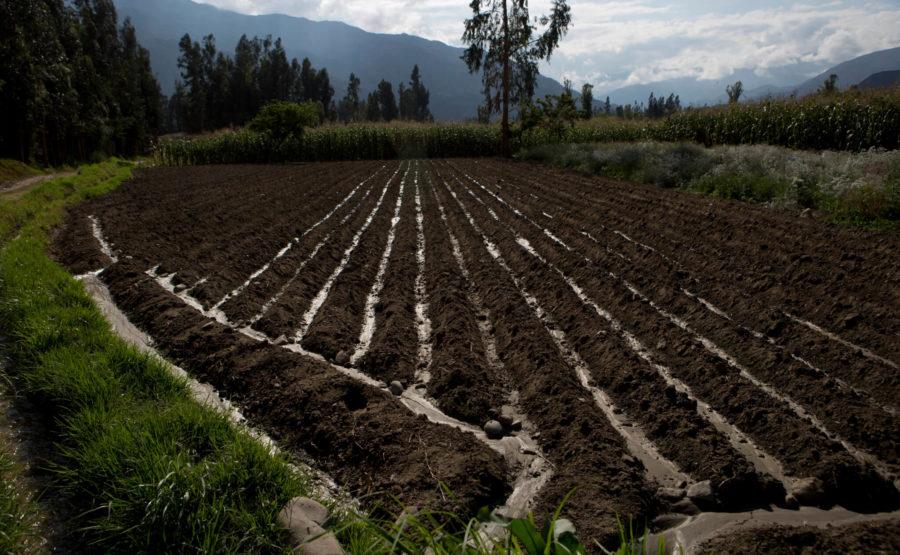By Colin Carlisle
Contributing Writer
No Bees? No food. What does this mean to you? To me, it means many delicious, everyday foods will be severely missed.
Millions of bees are dying and it’s causing major problems for our environment and food supply. The human population relies on bees to pollinate everything, from nuts to raspberries.
Whether you know it or not, bees are the most important insect on this planet and lack of this species will be detrimental to society as a whole. So, what? Who cares? Are you fine with giving up almonds, pears, avocados, grapes and wine? If not, I would suggest putting your best foot forward in helping keep bees alive!
Don’t think that bees have much of an economic impact? In just the United Kingdom, bees help to contribute around 651 million British pounds to the economy on average. In fact, bees contribute more to the British economy than the Royal Family.
Here’s some statistics:
- We are losing 30 percent of all honeybee colonies each winter.
- We rely on bees to pollinate 71 of the 100 crops that supply roughly 90% of most of what we eat.
- We would have no almonds if bees go non-existent.
There are several causes behind this problem, including global warming, habitat loss, parasites and neonics. We need to come together to exploit the big agrichemical companies and their push against getting rid of the bans. We need to combat global warming, reduce habitat loss and limit parasites. Implementing a lifestyle change to prevent the death of bees, will not only help the environment but it will also defend against issues like global warming. Together, we can do this.
Here is a simple thing you do to help this problem: plant a garden. There’s hundreds of different plants that you can put in your backyard to help the bees.
Picking up a new hobby such as planting herbs, wildflowers, bushes and fruit trees in your backyard will make an immediate, direct impact. It would also be very helpful to bees if you eliminate pesticides in your garden.
If you’re thinking to yourself, “Ah, man, I want to make a difference, but I don’t have access to a garden because I live in the city!” You can still help by adding herbs (such as rosemary, thyme, parsley, basil and chives) to your window sills, which can provide produce for humans and bees.
If you’re on craving honey, buy local honey through a local beekeeper, instead of industrial-processed honey from places like Publix.
At the end of the day, the task is on us to help keep bees alive. I hope that the government will step forward and implement policies that will help this problem. Those mentioned in this article are only a few of many low-maintenance actions you can implement that will really make an impact.



































